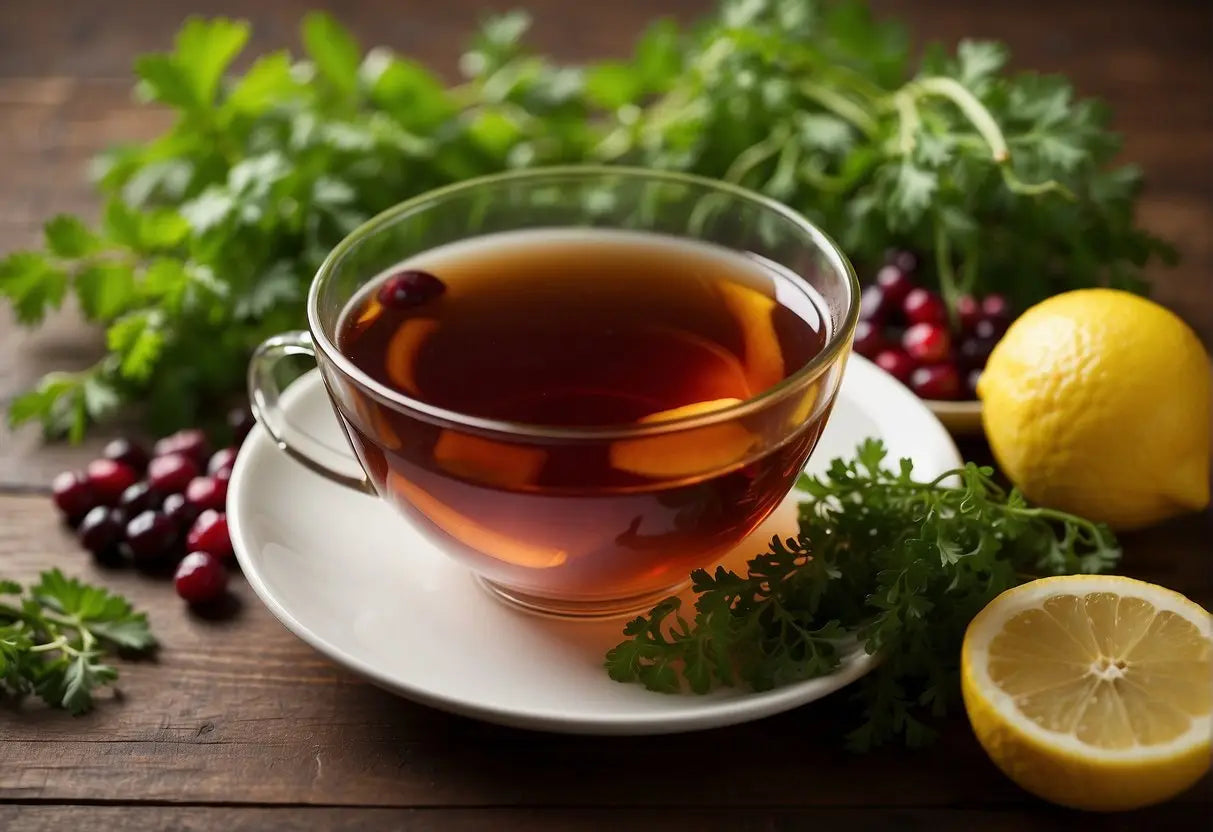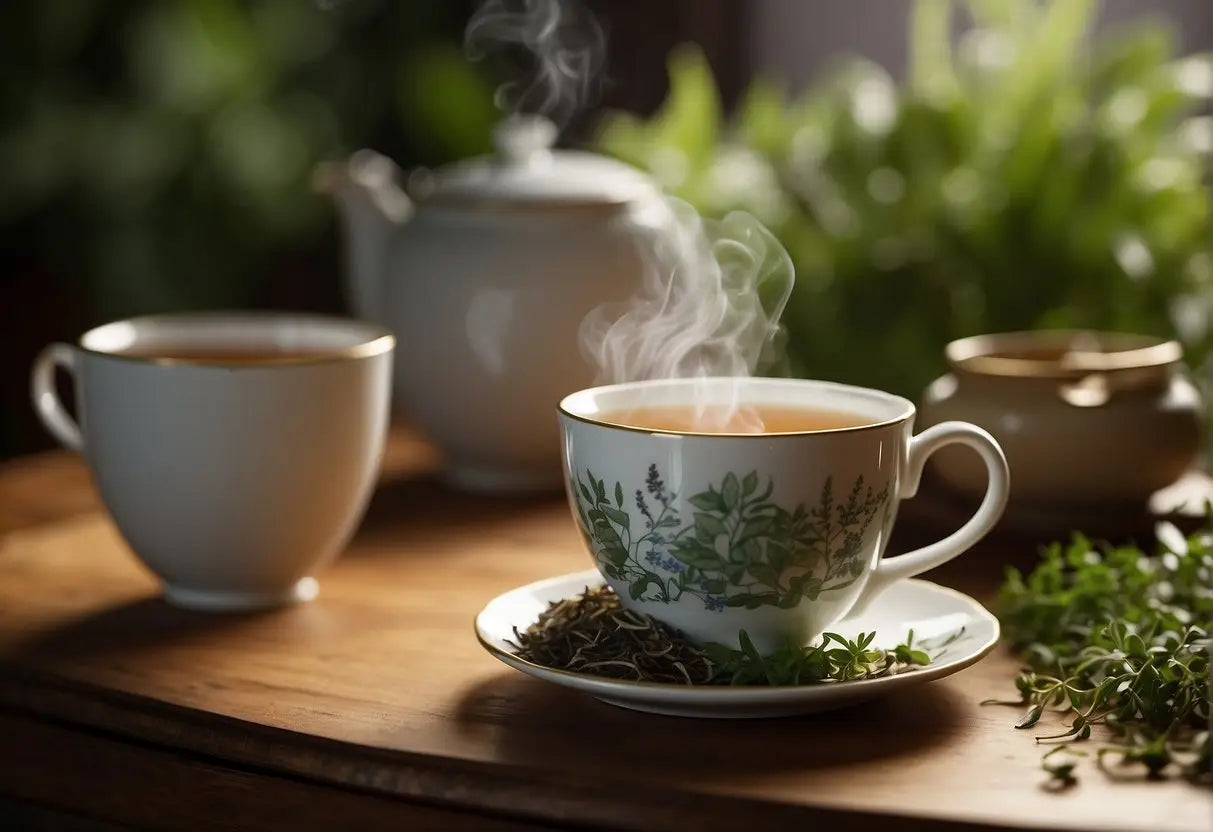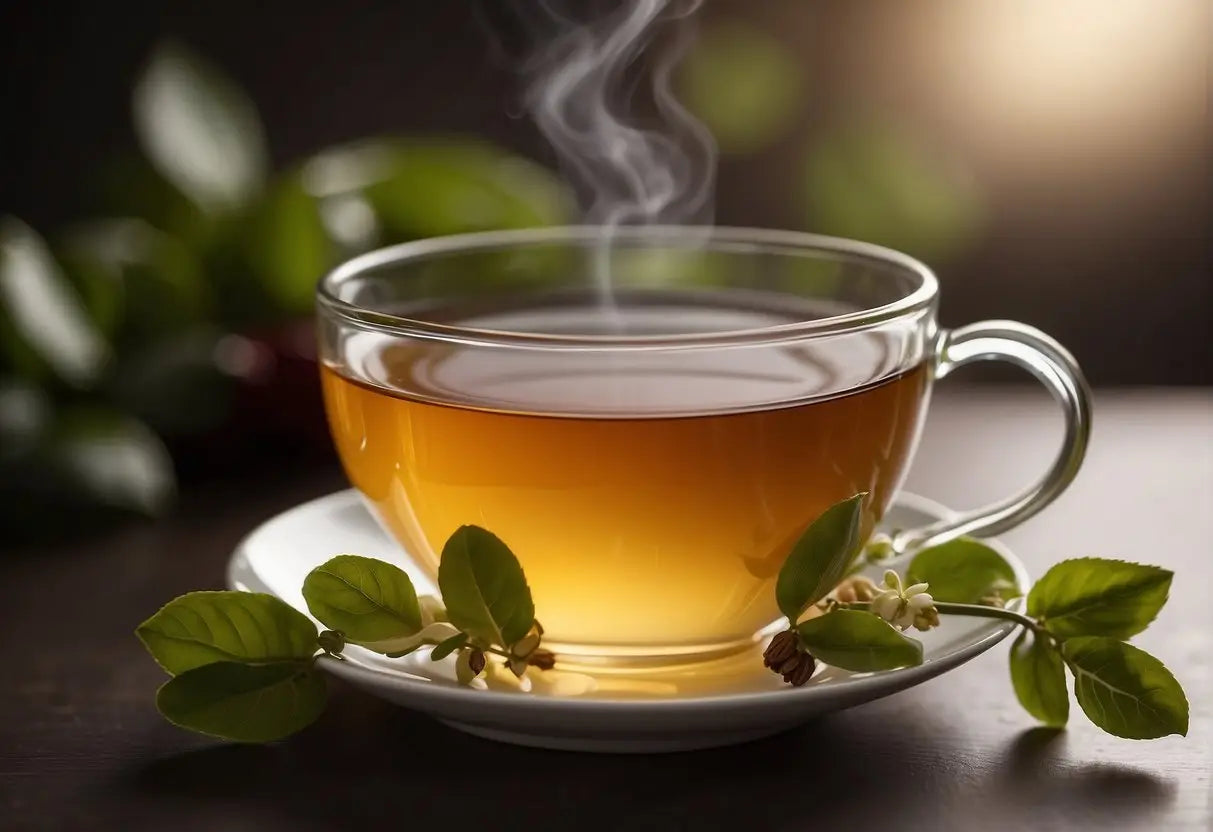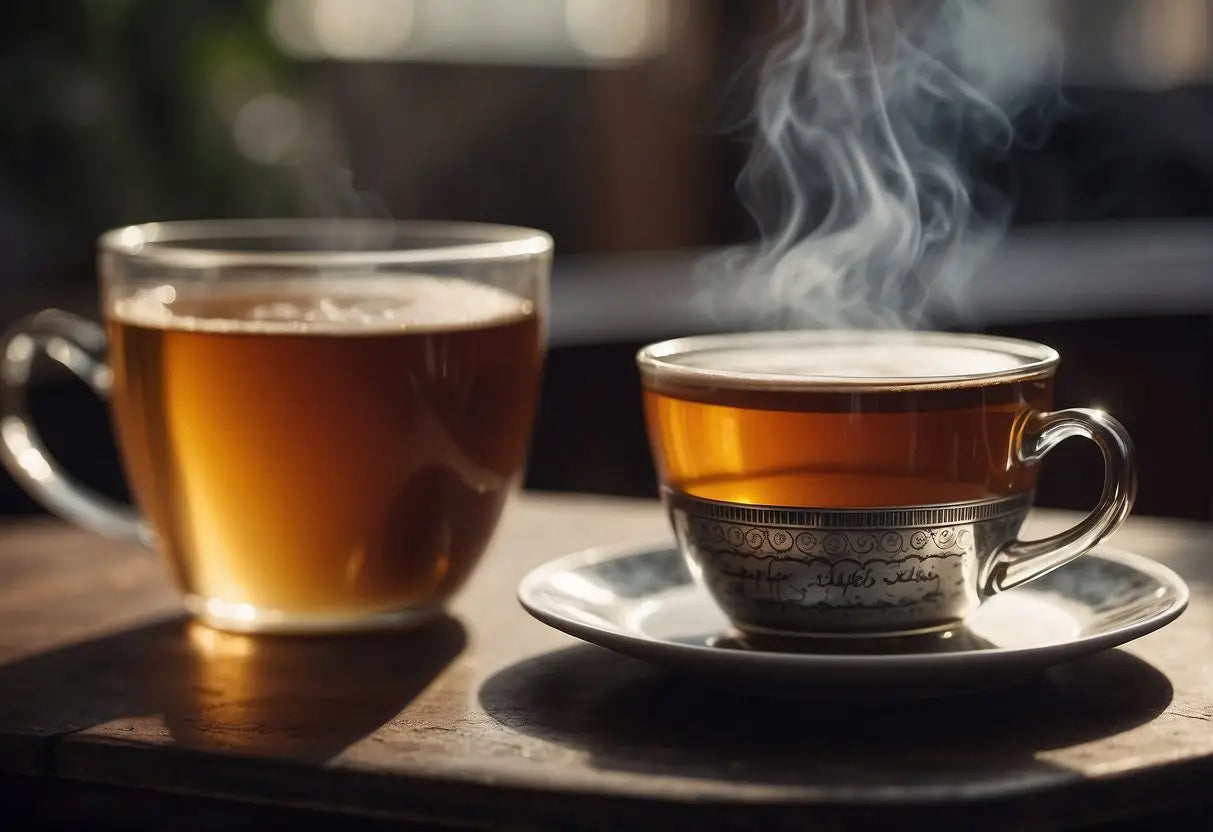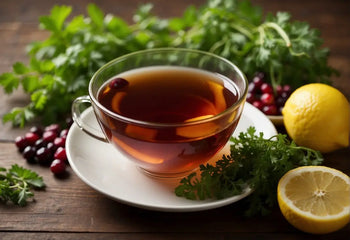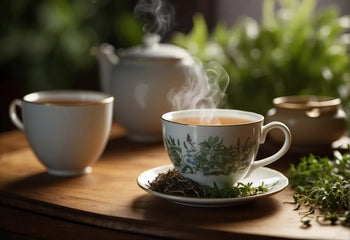What Tea is Good for Kidney Cleanse
Your kidneys are vital organs that play a crucial role in your overall health. They are responsible for filtering waste products from your blood and excreting them through your urine. Here's a brief overview of their function: Filtration: Every day, your kidneys filter about 120-150 quarts of blood to produce about 1-2 quarts of urine. Electrolyte Balance: They regulate the balance of electrolytes, such as sodium, potassium, and phosphate, that are important for the function of your cells. Blood Pressure Regulation: Kidneys help maintain a steady blood pressure by controlling the volume of blood (fluid) and the amount of blood...
Why Does Tea Make You Pee
Caffeine, a common component in tea, can lead to increased urination. This occurs because caffeine stimulates your kidneys, causing them to flush more sodium and water from the body. Here's how caffeine can affect your need to urinate: Increased Blood Flow to Kidneys: Caffeine raises blood flow to the kidneys, which encourages them to release more water. Inhibition of Sodium Reabsorption: Your kidneys filter sodium which can be reabsorbed. However, caffeine inhibits this reabsorption leading to increased sodium loss in urine. Antidiuretic Hormone (ADH) Suppression: Caffeine may suppress ADH, which normally helps the body retain water; its suppression results...
What Does Oolong Tea Taste Like
Oolong tea, your delicate yet complex beverage, straddles the line between green and black tea. It originates from the Camellia sinensis plant, the source of all true teas. Oolong undergoes partial oxidation, a process that shapes its unique character and places it somewhere between the unoxidized green teas and the fully oxidized black teas. The oxidation level of oolong tea can vary significantly, from about 10% to 70%, which greatly influences its flavor profile. Your oolong's taste might be reminiscent of fresh flowers and fruit if it's less oxidized or, when more oxidized, it might pivot towards a warmer, caramel-like...
What Tea Has the Most Caffeine
Shop our Pu Erh Tea collections! Caffeine content in tea can vary widely depending on the type of tea leaf, its processing, and brewing methods. Generally, black tea has the highest caffeine content, followed by oolong tea, green tea, and then white tea. Here's a quick guide to the average caffeine content in tea: Tea Type Average Caffeine Content per 8 oz Black Tea 60-90 mg Oolong Tea 50-75 mg Green Tea 30-50 mg White Tea 15-30 mg Herbal Tea* 0 mg *Herbal teas generally contain no caffeine unless blended with tea leaves. Discover our best-selling raw Pu Erh tea...
Recent articles

